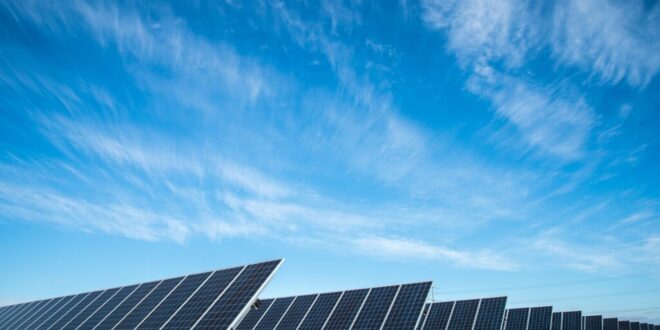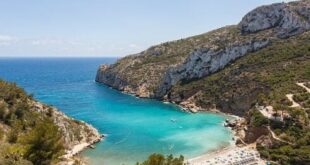In Mallorca, a growing conflict is developing between local authorities and renewable-energy advocates over the new limits placed on solar installations in rural regions.
The controversy arose after the Consell de Mallorca approved the fourth modification of its Territorial Plan, which further restricted the development of PV plants on rural land. This revision has reduced the eligible area from around 26,000 to 16600 hectares. Landscapes protected by the EU, such as Serra de Tramuntana, and farmland that receives agricultural subsidies from the EU are now out of bounds.
Asinem and other renewable energy groups have strongly opposed the new regulations. They claim that the updated regulation is a setback to the region’s transition to green energy and will make meeting climate targets significantly more difficult. Asinem insists Mallorca must strike a balance between the need to protect the environment and expand solar energy. We understand the importance landscape and agricultural heritage, said a spokesperson. “But we cannot allow aesthetic preference to block urgently necessary renewable infrastructure.”
Consell defends this revision by stating that it is needed to protect Mallorca’s environmental and cultural assets. The Balearic Islands aim to be carbon neutral and energy self-sufficient by 2050. However, this debate highlights tensions that are growing between land-use policies and sustainability goals.
 Costa News Spain Breaking News | English News in Spain.
Costa News Spain Breaking News | English News in Spain.







